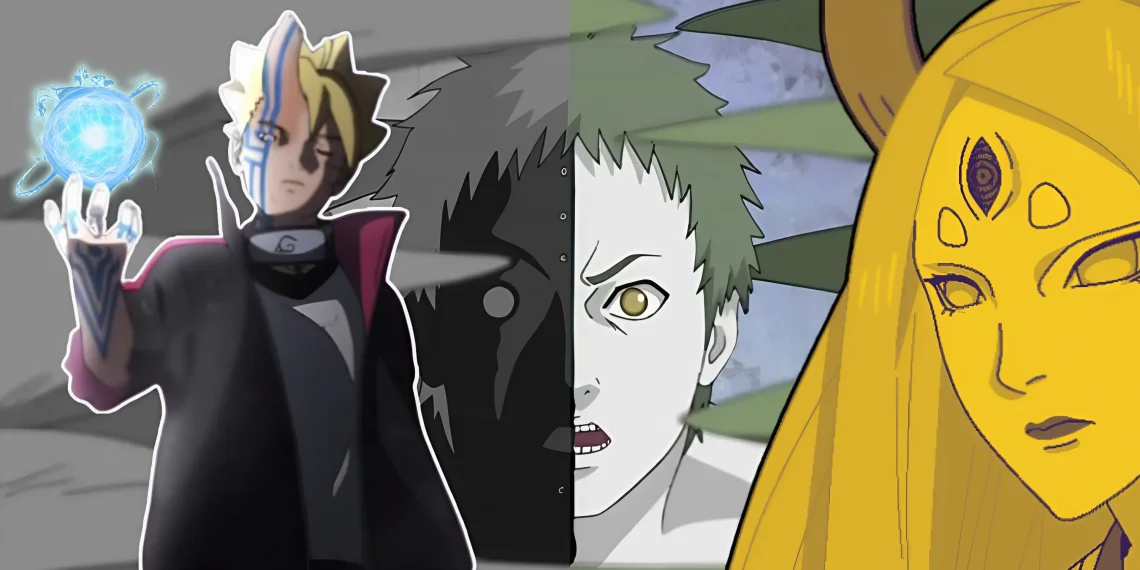For fans of the Naruto franchise, the Boruto series offers much more than just another continuation of beloved characters.
It represents a chance to rectify one of the most divisive moments in Naruto’s story, where a surprising revelation threatened to undermine the victories and ideals its heroes fought for.
This revelation that ancient beings like Black Zetsu and the Otsutsuki clan manipulated events in the shinobi world left fans feeling that hard-won achievements were overshadowed by an unseen, otherworldly influence.
Many fans saw this as a misstep, a plot twist that detracted from Naruto’s core theme of resilience and self-determination.
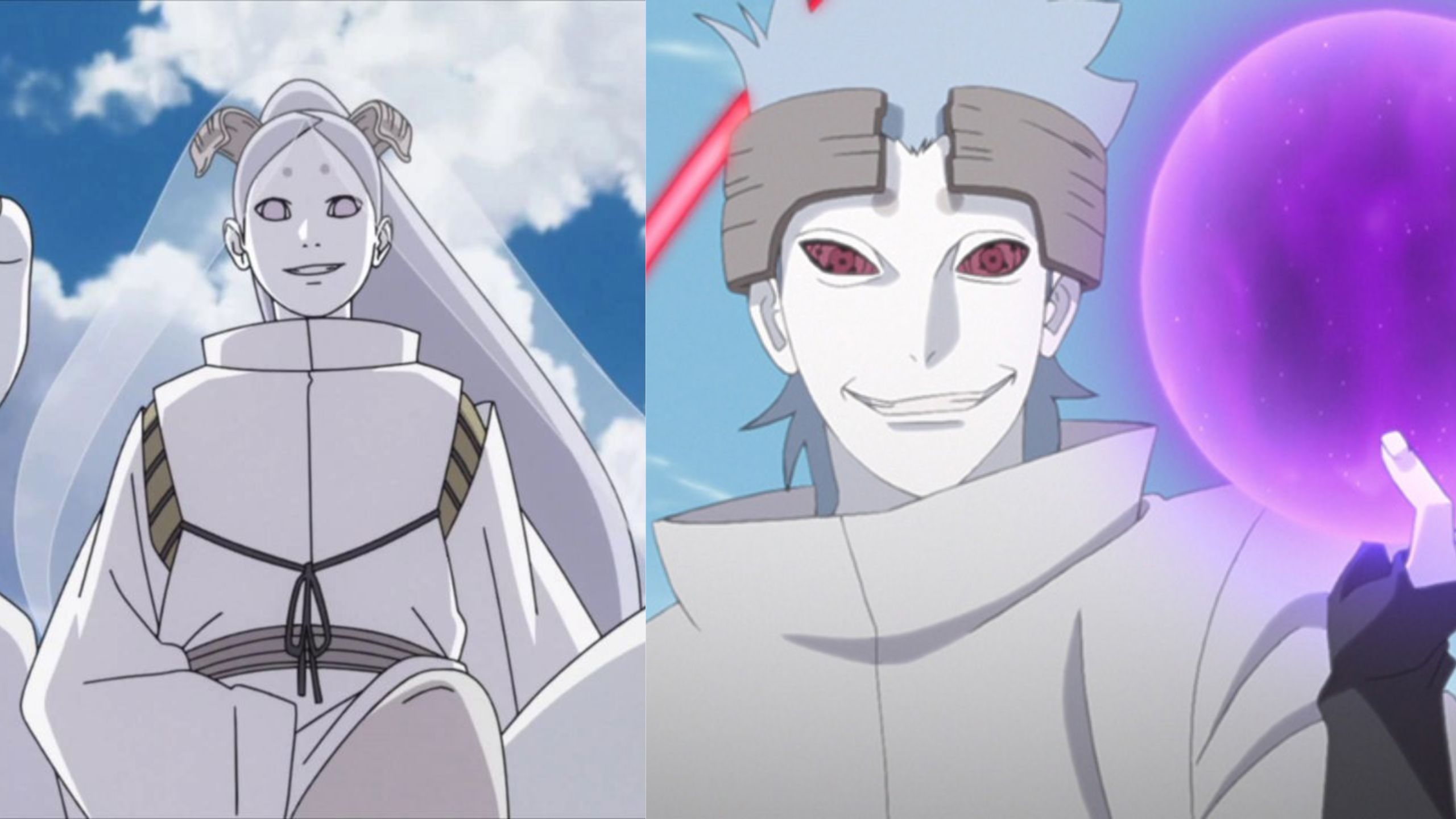
With the Boruto storyline, however, there’s hope that the legacy of Naruto, Sasuke, and others may be restored.
By focusing on the power of human choice and reemphasizing the agency of the shinobi, Boruto has the chance to bring the series back to its philosophical roots.
In this expanded look at Boruto, we’ll explore how it aims to redeem the Naruto franchise by reestablishing the message that shinobi are the masters of their destinies, and how this journey could cement Boruto as a powerful successor to Naruto.
The Legacy of Naruto and Its Core Themes
For anyone who followed the original Naruto series, it’s clear that it resonated not only as an action-packed adventure but as a deeply motivational story.
The world of Naruto is populated with characters who, despite personal flaws and tragic backstories, choose to rise above their circumstances.
The story of Naruto Uzumaki a boy ostracized for housing the Nine-Tails, who grows up with an unshakable resolve to prove his worth and protect his village is one of determination and personal growth.
Characters like Naruto, Sasuke, and Sakura represented themes of resilience, camaraderie, and redemption.
Their struggles, victories, and losses felt earned, and fans admired how they wrestled with difficult choices, each shaping their futures through sacrifice and grit.
The franchise established a world where character was formed through trials and challenges, and where growth was achieved through choice rather than destiny.
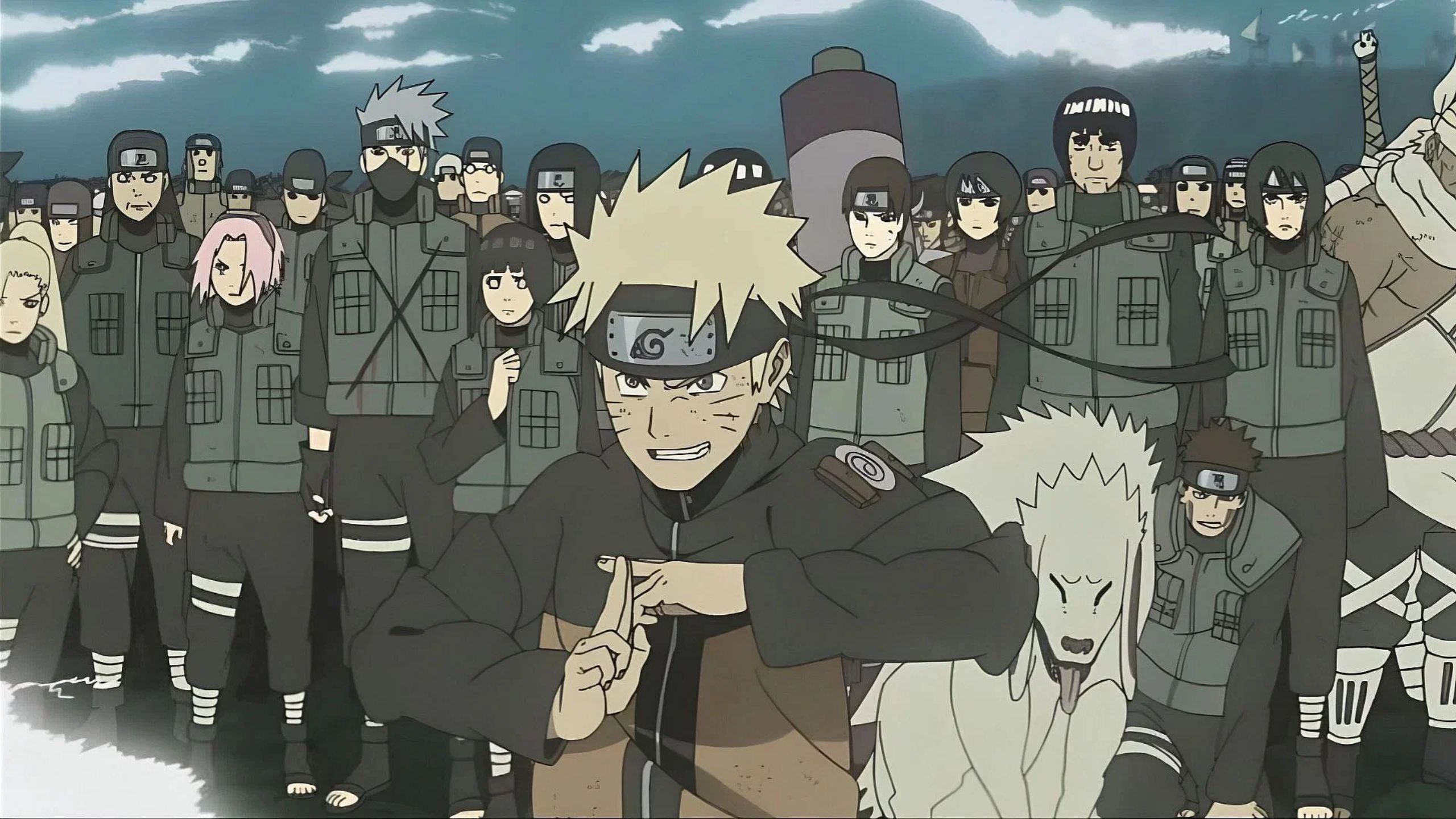
It was therefore surprising, even jarring, for many when the series introduced the idea of the Otsutsuki clan and their influence on the shinobi world.
Fans had believed that Naruto’s journey was his own and that his achievements and those of his friends were the results of their efforts, not the product of ancient interference.
However, by revealing that the Otsutsuki had orchestrated key events for centuries, the series inadvertently suggested that Naruto and others were merely participants in a larger plan devised by cosmic forces.
This revelation came primarily through Black Zetsu’s actions during the Fourth Great Ninja War, which disclosed his true loyalty to Kaguya Otsutsuki.
Many fans felt disillusioned by this twist, which cast doubt on whether the shinobi’s battles had been genuine accomplishments or just steps in a preordained cycle controlled by beings far beyond their understanding.
Enter Boruto: A Chance to Restore the Agency of the Shinobi
When Boruto: Naruto Next Generations debuted, it arrived with a different tone and vision.
Where Naruto’s story had been about an underdog finding his place, Boruto centered around the son of a Hokage grappling with the weight of legacy.
Boruto Uzumaki’s journey might have begun as a tale of a young boy seeking his own identity, but the story quickly evolved into something larger.
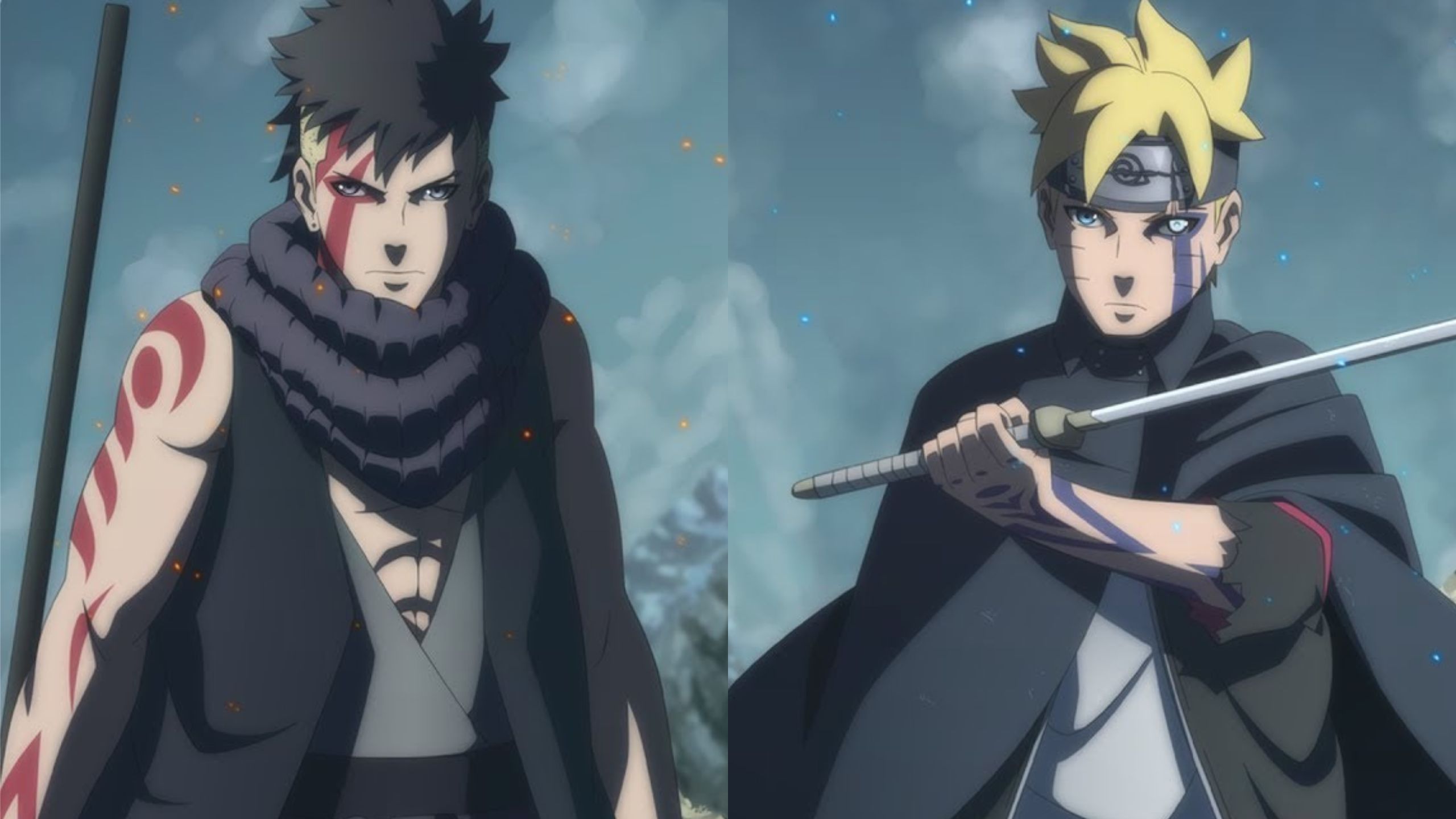
With Boruto, Kawaki, and the mysterious Kara organization, the series began to hint that the influence of the Otsutsuki clan wasn’t over and that the shinobi would need to confront these ancient powers again.
However, Boruto took a new stance in its approach to the Otsutsuki issue.
Where Naruto had inadvertently implied that shinobi were just pawns in a cosmic game, Boruto hinted at something else entirely: the shinobi are still in control of their own destinies.
This shift is evident in several key moments in the series, especially the flashforward scene where a battle-scarred Konohagakure lies in ruins, with Boruto and Kawaki standing at odds.
This iconic scene strongly suggests that by this point, the characters have taken control of their fates and escaped the ancient manipulation of the Otsutsuki clan.
A significant part of this narrative change comes through Boruto’s memorable declaration to Kawaki, “I’m still a shinobi.”
This line resonates deeply with long-time fans of the franchise, as it reasserts a core belief of the series: the strength of the human spirit and the shinobi’s power to choose their paths.
Despite the cosmic threats looming over them, Boruto’s statement is a reaffirmation of the shinobi way a pledge that, regardless of the Otsutsuki’s intentions, the shinobi remain true to their values and origins.
A Story of Shinobi Agency and Resilience
Boruto’s proclamation, simple though it may be, speaks volumes. It’s not just a commitment to tradition but a defiant stand against the idea that the shinobi are subject to some otherworldly control.
In Naruto’s world, being a shinobi is about much more than physical strength; it’s about the ability to shape one’s future and face challenges with unwavering resolve.
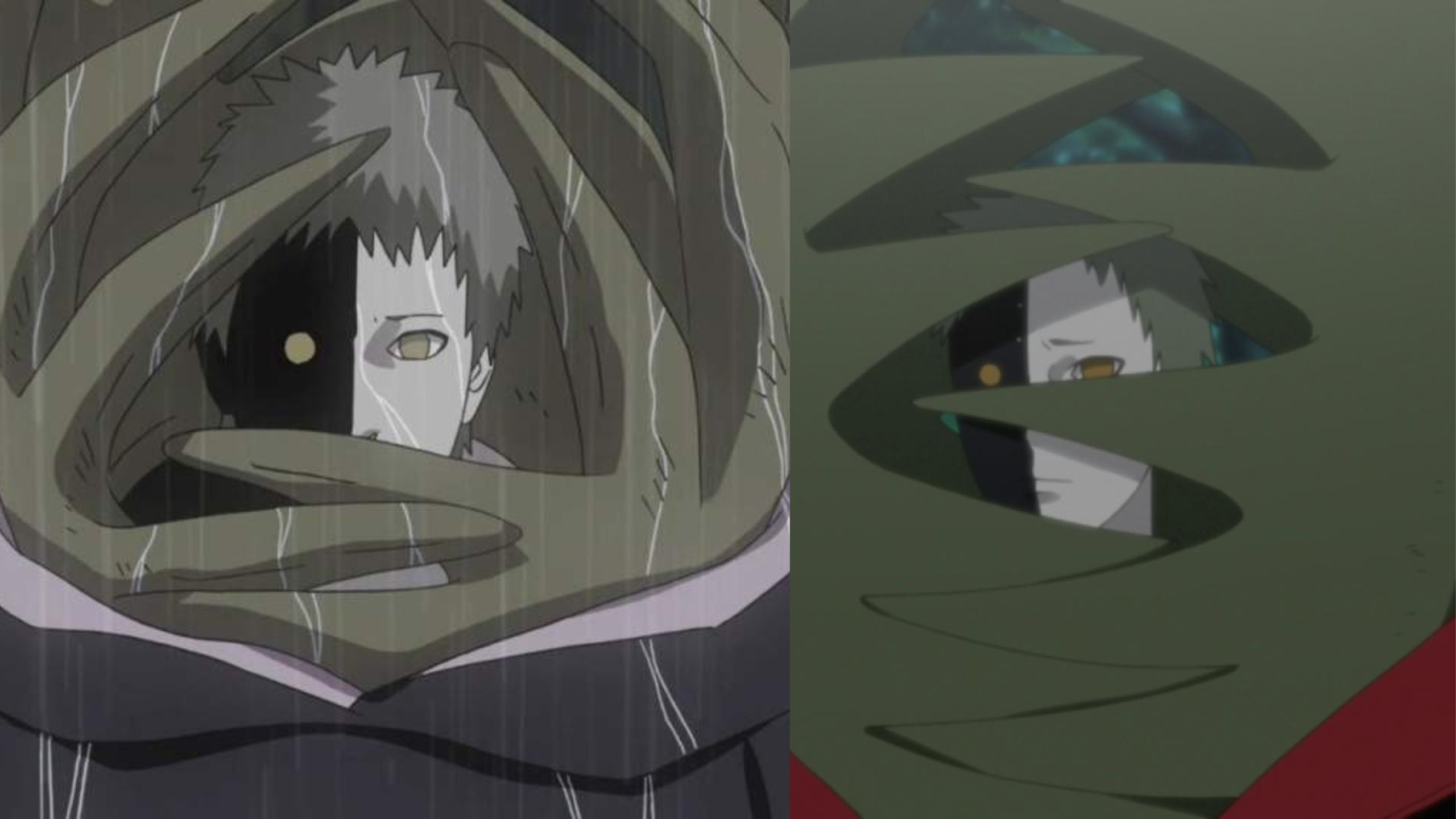
By declaring himself a shinobi, Boruto signals that he and, by extension, his generation intend to uphold the values and determination that defined the shinobi of old.
In the original Naruto series, one of the most challenging aspects of the Fourth Great Ninja War’s ending was the revelation of Black Zetsu’s influence.
For fans who had invested years in the series, this twist felt like a betrayal. Naruto, Sasuke, and the other characters endured unimaginable hardships and confronted foes who pushed them to their limits.
They had grown and evolved, and their victories felt deserved. But the introduction of Black Zetsu as an agent of Kaguya’s will, manipulating events from behind the scenes, seemed to strip their struggles of meaning.
However, Boruto’s approach to the Otsutsuki narrative brings a refreshing change. It suggests that, while the Otsutsuki clan may have interfered in the past, the shinobi’s choices remain paramount.
The series implies that human willpower and the decisions of individual shinobi still drive the world forward.
This re-centers the story on human agency and reinstates the significance of each character’s actions, choices, and growth.
In many ways, Boruto is set up as a response to the dissatisfaction that arose from the Black Zetsu revelation.
It’s as though the creators recognized that Naruto’s journey and the journey of every shinobi character needed to be more than just a chapter in the Otsutsuki’s ancient plans.
Boruto thus aims to affirm that the world of shinobi is one where individuals are free to chart their paths, unbound by the hidden manipulations of cosmic entities.
Restoring the Heart of the Naruto Franchise
If Boruto succeeds in proving that shinobi are indeed the architects of their destinies, it would be more than just a narrative win it would be a restoration of the Naruto franchise’s core identity.
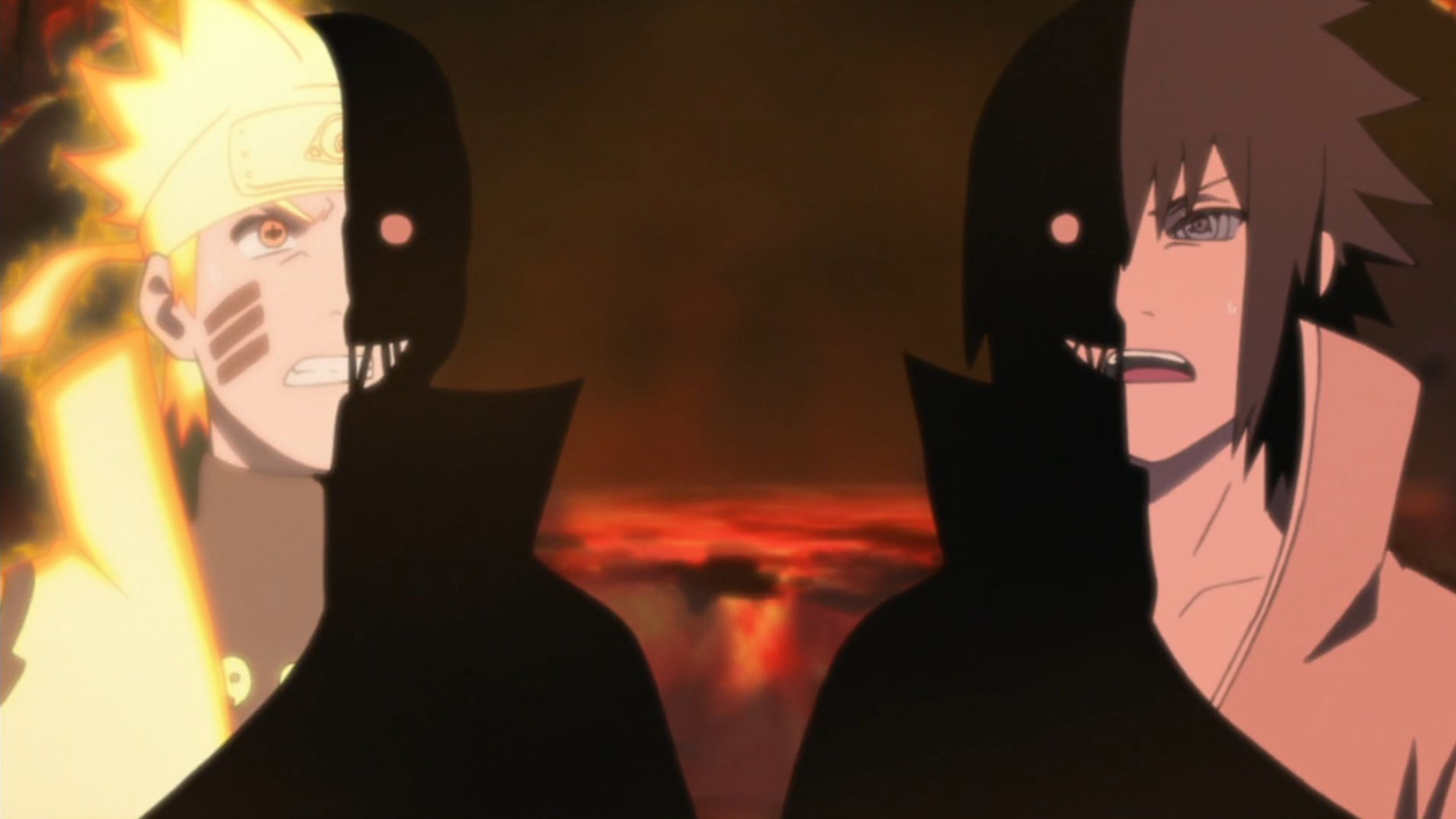
For a series that once symbolized resilience and growth, it’s essential that the characters are seen as empowered individuals who shape their futures through choice and sacrifice, not through the designs of an ancient clan.
By reclaiming this theme, Boruto would not only redeem the story but also pay homage to what made Naruto’s journey so inspiring.
For many fans, the notion that their beloved characters were mere pieces in a cosmic game was a disheartening realization.
By revisiting and reshaping this narrative, Boruto has the potential to validate the personal growth and sacrifices of characters like Naruto and Sasuke.
It reaffirms that their struggles were not merely orchestrated moves but genuine battles, fought with determination and courage.
The task for Boruto is monumental, but it holds the potential to repair a divide that many fans felt between the series’ ending and its underlying themes.
If Boruto can firmly reestablish the importance of human agency, it will not only enhance its own storyline but also reinforce the foundation upon which the Naruto franchise was built.
For fans, this would mean that the journeys of Naruto, Sasuke, and all the other shinobi were not in vain; their victories were real, and their growth was truly earned.
The Power of Human Will and Redemption in Boruto
The success of Boruto in reclaiming the agency of its characters would have far-reaching implications.
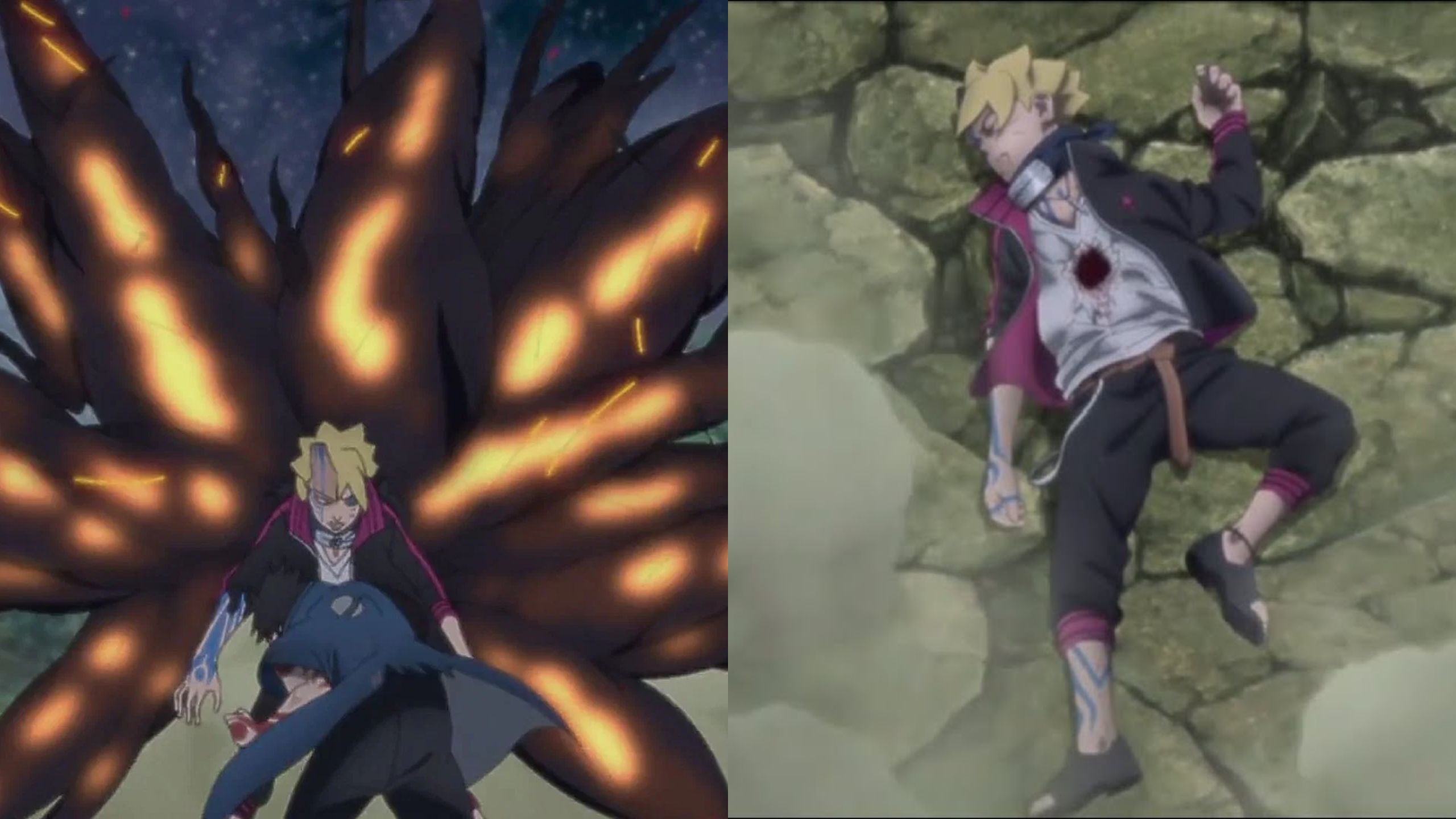
It would serve as a reminder of the franchise’s core values and provide a compelling narrative that resonates with audiences.
At its heart, Naruto was always about the power of the human spirit and the idea that, no matter the obstacles, individuals have the strength to overcome and define their lives.
By challenging the Otsutsuki influence and emphasizing the choices and experiences of the shinobi, Boruto upholds this philosophy.
If Boruto successfully asserts that the human shinobi, rather than alien forces, are the true masters of their destinies, it will mark a turning point for the Naruto universe.
It will demonstrate that, despite the challenges and influences of powerful outsiders, the shinobi are still governed by their actions and relationships.
This focus on human potential over external manipulation aligns with the original series’ message: that true strength comes from within.
In doing so, Boruto has the chance to not only entertain fans with its story but to deliver a message that is both powerful and enduring.
By addressing the issues that troubled Naruto’s ending, Boruto could stand as a testament to the value of human determination and the belief that each individual has the power to shape their future.
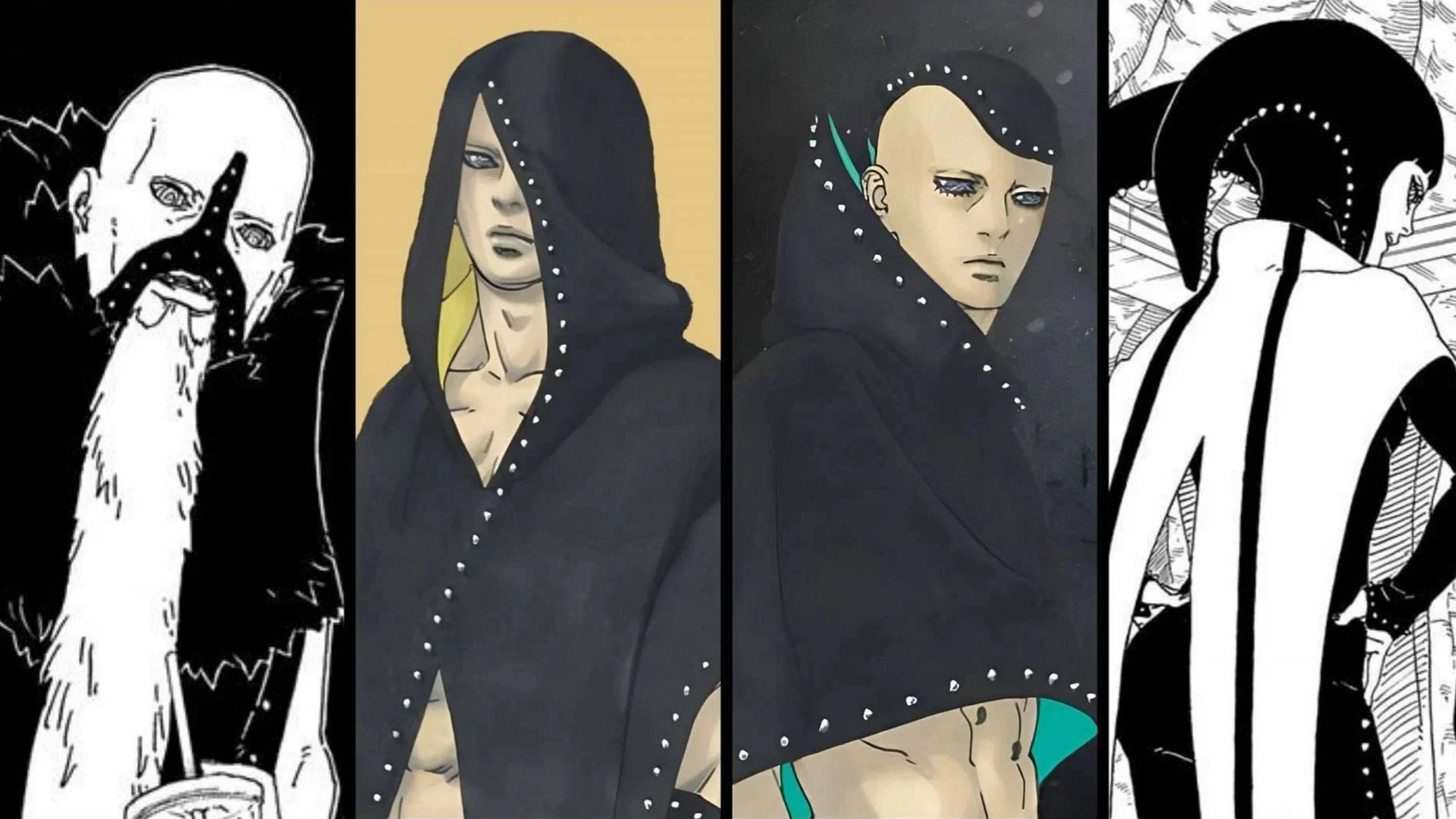
This would resonate deeply with fans who have grown up watching the series, reminding them that, even in the face of overwhelming forces, they have the power to stand tall and make choices that matter.
Boruto represents more than just the next generation of shinobi; it’s an opportunity to correct a narrative course that left many fans disillusioned.
By reestablishing the importance of human will, Boruto honors the legacy of Naruto and brings a fresh perspective to the franchise.
It asserts that, even in a world with cosmic influences, the spirit of a shinobi remains unbreakable and that, ultimately, the power to choose one’s path is the greatest strength of all.
Boruto may well be on its way to fixing what many considered Naruto’s biggest misstep, and in doing so, it reaffirms the timeless message that the true heroes of the story are those who fight with courage, heart, and unwavering resolve.

